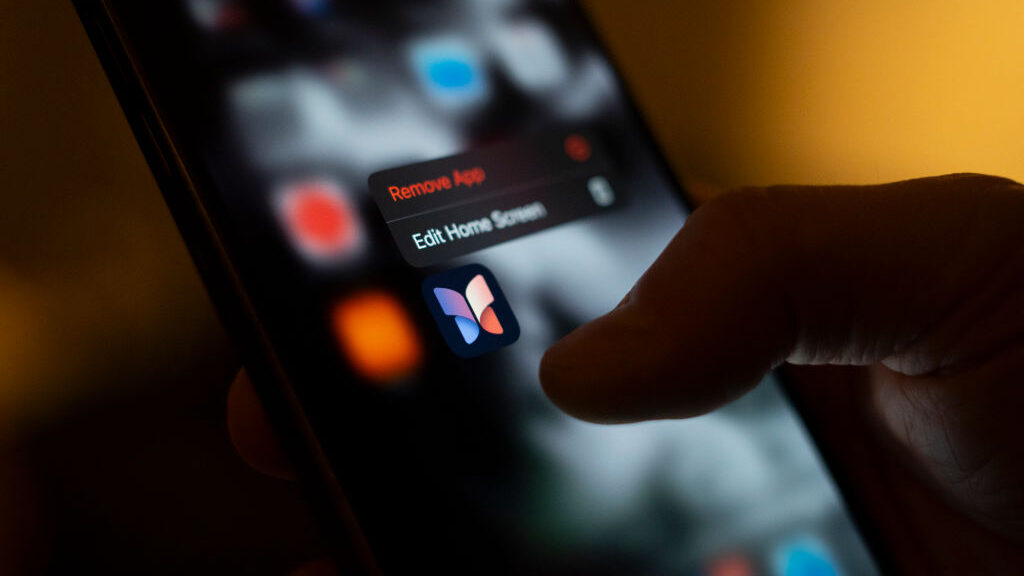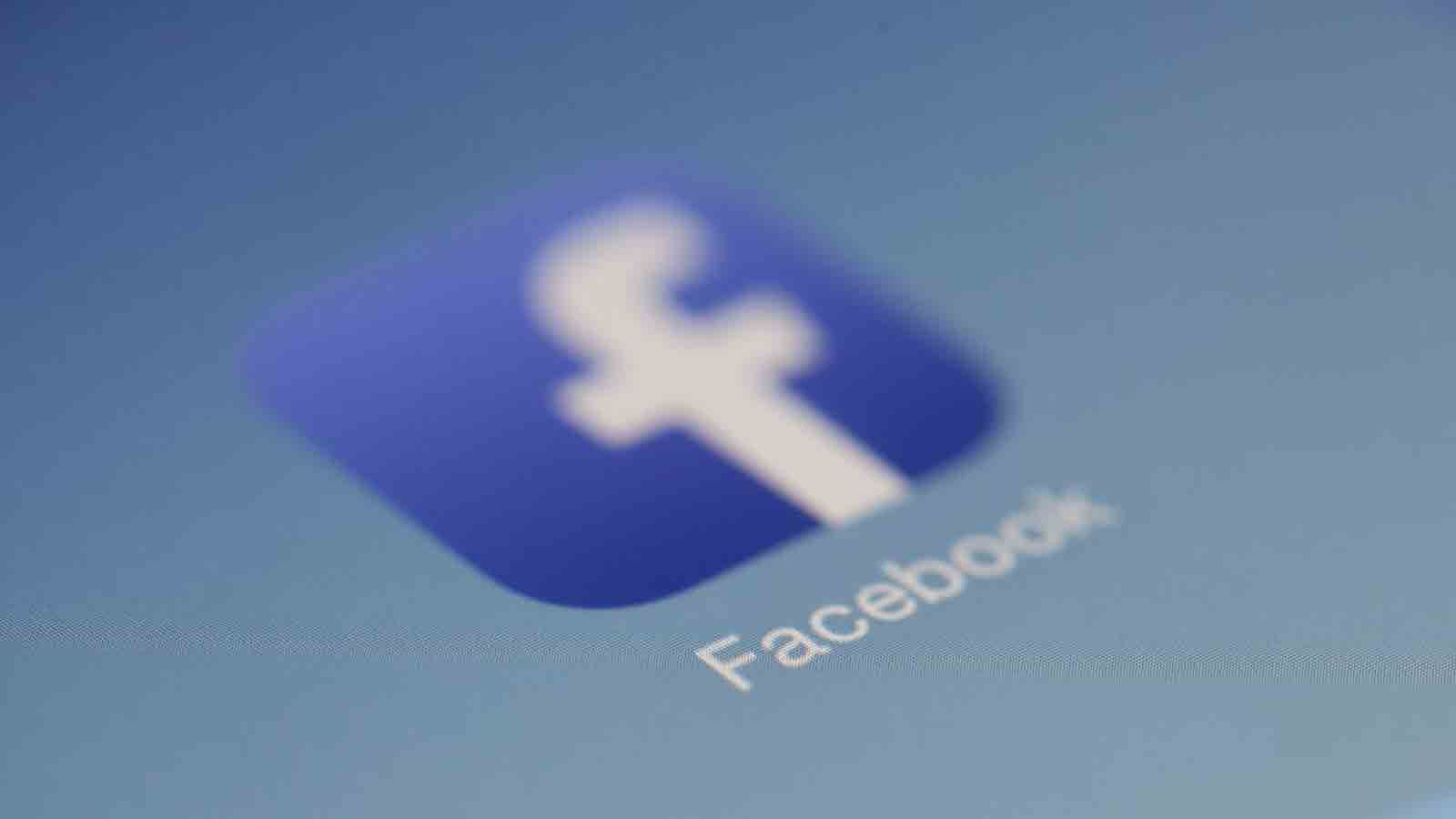Exposed: Uncover tracking secrets of Apple, Microsoft while you work on your Mac or PC
Jun 4, 2023, 5:00 AM

(Pexels Photo)
(Pexels Photo)
PHOENIX — Ever accidentally liked something on social media you didn’t mean to click?
Before you panic, read this to see which “likes” you can take back.
That’s just one small slice of what websites you visit, and services you use collect about you. Here’s how to see (and erase) everything Google tracks.
It’s not just your phone collecting your activity, habits, likes, dislikes, and everything else. Your computer does, too. Here’s how to check what Microsoft and Apple know about you.
Join over 400,000 professionals who start their day with my free email.
Use Windows?
Without a Microsoft account, you can’t register a license key or, in some cases, update your computer. It allows access to all Windows features, functions, and online products like Office 365, Microsoft Teams, and Xbox gaming services.
If you’ve had the same account for a while, there’s probably a lot of data associated with it. This may include anything from Bing and Cortana searches to Microsoft Edge browsing and services activity.
To see what’s there, go to the Privacy Dashboard. From here, you can also take many steps: clear your search history, review your location data, change your advertising settings, and edit your marketing preferences.
Turning off data collection
What’s the best way to limit the data a company can gather on you? Use privacy settings to limit their reach.
Personalized advertising: Microsoft uses your searches and purchase history to serve you with personalized ads. You can turn this off in the privacy dashboard.
- Select Privacy > Privacy dashboard. Next, scroll down to Personalized ad settings and click on Review ad settings. Toggle the slider next to See ads that interest you to the left to disable it.
Accessing diagnostics from other apps: Unless you turn it off, Microsoft collects diagnostic data from apps you use “to help improve our products and make them work better.”
- To delete the data, select Privacy > Privacy dashboard. Scroll down and click the App and service activity tab.
- Click Clear all app and service activity to delete it.
Access to your location: There might be instances where your location is essential for apps and services to work correctly. But you don’t want Microsoft always to know where you are located.
- Select Privacy > Privacy dashboard. Click the Location activity tab. This displays all the places where Microsoft tracked you. Click Clear location history, then Clear to remove the data.
Browsing history: If Microsoft’s Bing is your preferred search engine, you can delete your data through the privacy dashboard.
- While in the Privacy dashboard, click Browsing history and delete the data.
Search History: Bing and Cortana use your search history for more personalized results.
- Open the Search history tab in the Privacy dashboard and click Clear all search history, then Clear to remove the data.
Back to Start
You can also manage the data that Microsoft has right from your desktop.
Go to Start > Settings > Privacy.
Select General from the left panel.
Under Change privacy options, toggle the switch to the left under Let apps use advertising ID to make ads more interesting to you based on your app activity. Review the other options and change whatever you like.
What about Apple Mac users?
You use an Apple ID to log in on a Mac (or iPhone or iPad). When you create one, Apple says it might collect any of the following:
- Your email, devices (and info on them like serial numbers), account status, and age.
- Contact info like your name, physical address, and phone number.
- Your billing address, bank details, or card info.
- Your browsing history; search history; product interaction; crash data, performance, and other diagnostic data; and other usage data.
- Health info like dating relating to physical or mental health or conditions.
- Salary, income, and assets information if you provide it, and information related to Apple-branded financial offerings.
Want a copy of what they know?
From your computer, go to privacy.apple.com and sign in with your Apple ID. You may have to complete two-factor authentication.
- Select Get a copy of your data.
- Choose what you’d like to download from the list or Select all. Note that downloading your iCloud files, Mail and Photos will take a long time to download.
- Click Continue.
- Choose your preferred file size. Apple will divide your data into folders that size or smaller.
- Select Complete request.
You’ll get an email when your data is ready. The process takes up to 7 days, and you will need to verify again that you are the one who requested the info.
Keep your tech-know going
My popular podcast is called “Kim Komando Today.” It’s a solid 30 minutes of tech news, tips, and callers with tech questions like you from all over the country. Search for it wherever you get your podcasts. For your convenience, hit the link below for a recent episode.
PODCAST PICK: Is online betting a loser’s game? Here’s the truth
Do you ever wonder if you can win big in one of those betting apps? Finance journalist Randall Smith shares his findings from a Wall Street Journal investigation. Plus, save big on rideshares with my Uber vs. Lyft comparison and discover the top-paying cybersecurity jobs, free finance calculators to manage debt and cloud storage options.
Check out my podcast “Kim Komando Today” on Apple, Google Podcasts, Spotify, or your favorite podcast player.
Listen to the podcast here or wherever you get your podcasts. Just search for my last name, “Komando.”
Sound like a tech pro, even if you’re not! Award-winning popular host Kim Komando is your secret weapon. Listen on 425+ radio stations or get the podcast. And join over 400,000 people who get her free 5-minute daily email newsletter.









